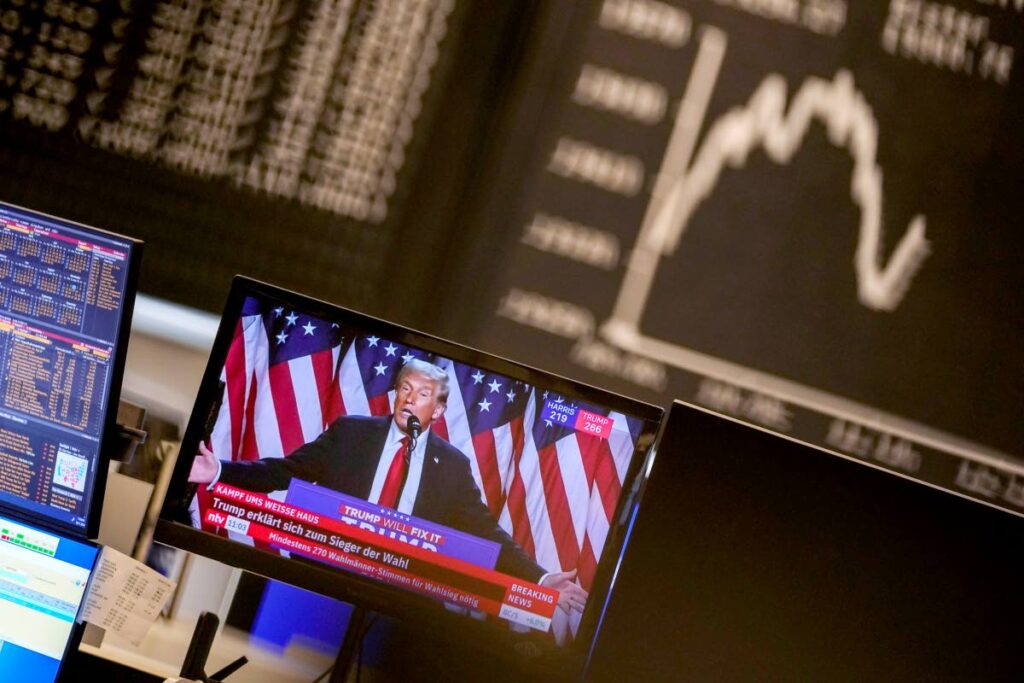Will Dragon dance under Trump?

THE INITIAL buoyant market reaction to Donald Trump’s re-election to the White House masked longer-term ripple effects.
The Republican leader’s recapture of power is, in many crucial respects, not good for the economic prospects of Trinidad and Tobago and the rest of the world.
On the morning of November 6, hours after Mr Trump was named the winner of the US presidential election, the US dollar surged, the stock market soared and yields on treasury notes hit a four-month high.
But while some of this may have related to the hodgepodge of economic “policies” which the president-elect has a dangerously broad mandate to implement, it largely reflected relief that there was a clear election result, in contrast to what occurred in 2020.
Opinion polls had suggested a tight race, raising the prospect of a protracted period of uncertainty. That did not happen.
And because he was victorious, the fears of a Trump defeat triggering instability, as also occurred in 2020, did not materialise.
However, the relief will not last long.
The most direct avenue by which Trinidad and Tobago's economic prospects will be affected by a Trump presidency relates to the Dragon gas deal with Venezuela.
A licence granted by the US Office of Foreign Assets Control – which administers sanctions and carve-outs – comes up for renewal in October 2025, when Mr Trump is now expected to be in office.
The Republican leader’s thinking on this matter, in which his rival, US vice president Kamala Harris, played a role within the Joe Biden administration, is unclear.
Even if he could be prevailed upon by advisers to acknowledge the deal’s geopolitical significance, given the regime of Nicolas Maduro and the need to remove the Caribbean from energy dependence on foreign actors like Vladimir Putin, it is not certain if Mr Trump will approve of a further reprieve, in light of his inflammatory rhetoric featuring Venezuela.
The aura of uncertainty alone around him is bad enough, but there are other ways in which this country’s economy could be adversely affected by Mr Trump.
His plan to impose tariffs on imports will reduce US GDP, raise unemployment, increase household costs, and open the door to retaliation.
The net negative impact on the American economy will hurt the global economic system and increase inflationary pressures.
Other plans to cut taxes and dispense with regulations raise questions about how revenue shortfalls will be funded and how the health of commercial practices will be policed.
Additionally, the chiling effect of Mr Trump’s stance on immigration, including of plans for mass deportations, will dampen his country’s economy by reducing productivity and cutting off the supply of skilled labour needed for innovation.
Though Mr Trump, a convicted felon, now says the focus will be on only immigrants who commit crime, this class of individuals is less likely to break the law.
Behind the Republican leader's bluster, the stark reality is the US economy will suffer in the next four years and could drag the world down with it, especially if his return marks a new era of heightened global uncertainty in which economic integration is no longer a guarantee of peace.

Comments
"Will Dragon dance under Trump?"